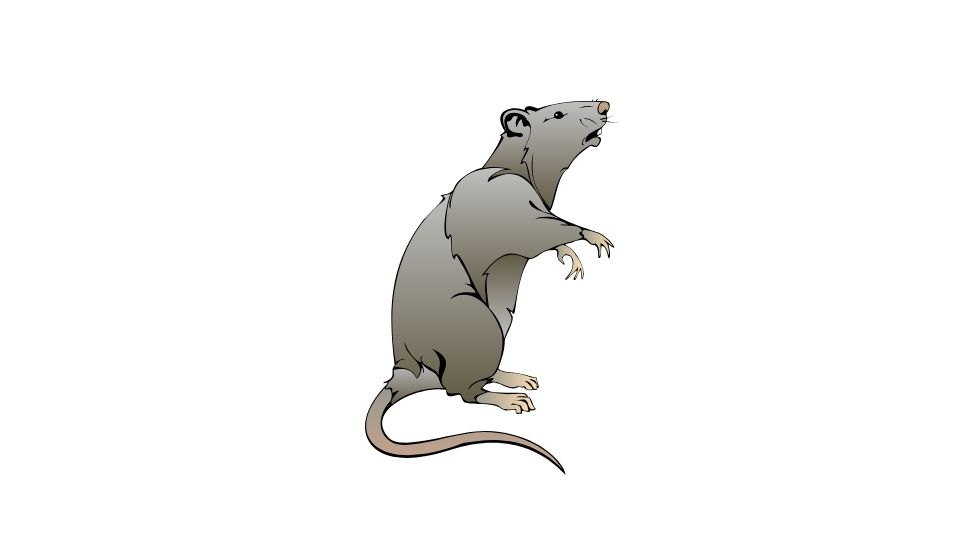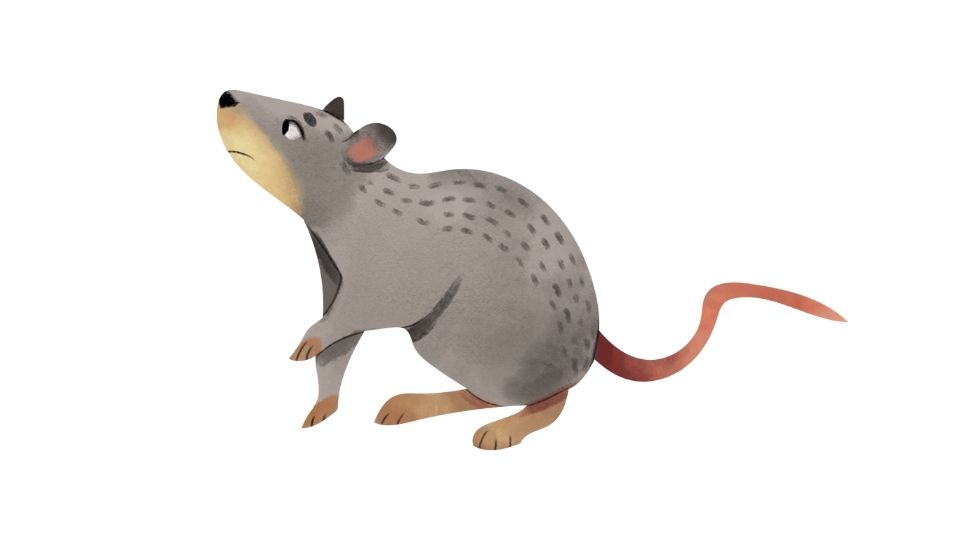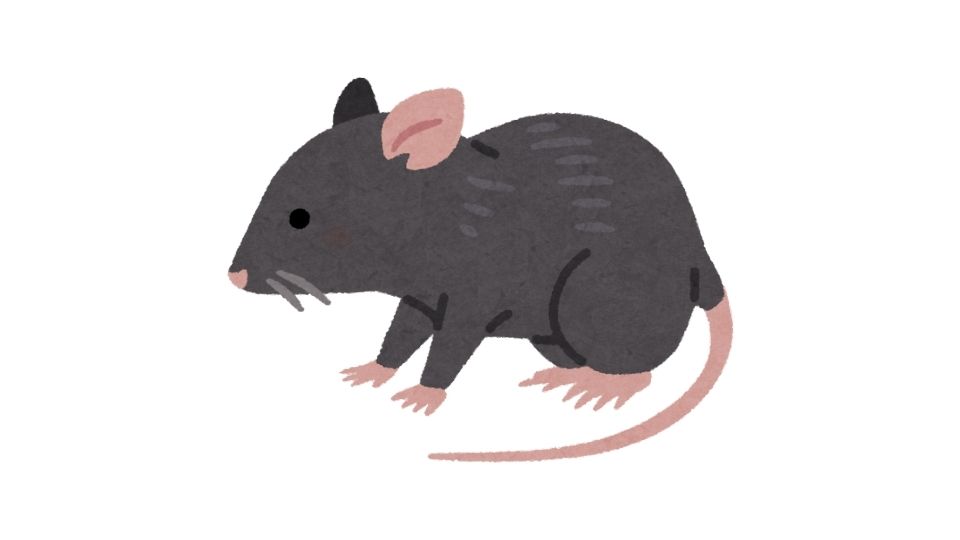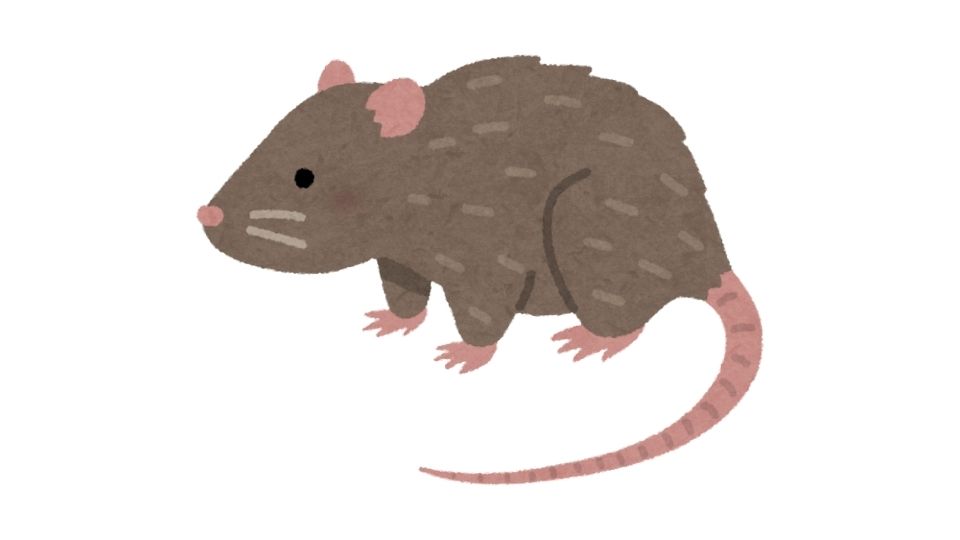How Long Can a Mouse Survive Without Food?

How long can mice survive without food? Shorter than you’d think!
Ever wondered how long those little mice can survive without food? Maybe you’re trying to get rid of them by cutting off their access to food, or maybe you just have a weird curiosity about mouse survival (no judgment here).
Either way, I’ve got you covered with everything you need to know about mouse survival, metabolism, and why these little critters are so dang resilient.
The Mouse Survival Timeline
Let’s cut to the chase: mice typically survive between 2-4 days without food, with some hardy specimens making it up to 5-7 days when they have access to water.
That’s not very long, right?
Well, there’s a reason for that. Mice have absolutely insane metabolisms. Their little hearts beat up to 600 times per minute (compared to our measly 60-100 bpm), and their bodies burn through energy like a teenager burns through your monthly grocery budget.
When the food runs out, they start using up their minimal fat reserves and will desperately scavenge for anything remotely edible. Lab studies consistently show that even with plenty of water, mice typically don’t survive beyond 5 days without some kind of food source.
In real-world conditions (you know, your kitchen or garage), where there’s temperature changes and other stressors, it’s usually closer to 2-4 days.
Critical Factors That Determine Mouse Survival

Not all mice or situations are created equal. Here’s what makes the difference between a mouse lasting 2 days or a whole week without food:
Water Availability
Water is absolutely crucial for mice survival. If they’ve got access to water—whether it’s from a dripping pipe, condensation, or even moisture in foods—they’ll last longer without solid food.
Without any water? Their survival time drops dramatically to just 1-2 days. Mice can extract water from nearly anything, though. Even damp cloth or the condensation on your bathroom pipes can be enough.
Environmental Temperature
Temperature is a big deal for these little guys. In cold conditions, mice can enter what’s called daily torpor—basically a mini-hibernation where they slow their metabolism to conserve energy.
This clever adaptation might help them survive longer during food shortages. But extreme heat? That’s bad news, increasing dehydration risk and shortening survival time significantly.
Age and Physical Condition
Just like with humans, young mice and elderly mice are more vulnerable. Baby mice (pups) won’t survive nearly as long without food as healthy adults.
Pregnant or nursing females burn calories at a much higher rate, reducing how long they can go without eating. A mouse mom has to feed those babies somehow!
Secret Food Stashes
Here’s something wild: mice are professional hoarders. They cache food in hidden spots all over the place.
So even if you think you’ve removed all food sources, they might have little secret pantries stashed in your walls or under appliances. This hoarding behavior can support them for additional days, making it harder to completely starve them out.
Survival Without Water vs. Without Food

While mice can last a few days without food if water is available, they can’t go nearly as long without water. Some research suggests mice can go up to a month or more without drinking if they get enough moisture from food.
But when directly deprived of water? Their survival time plummets dramatically.
Here’s a simple breakdown:
- With water but no food: 2-7 days
- Without both food and water: 1-2 days tops
Why Mice Last Longer in Homes Than You’d Expect

When mice invade your home, they often survive much longer than the laboratory time frames would suggest. Why? Because:
- They find hidden food crumbs in places you’d never imagine
- They drink from condensation, leaks, or even your pet’s water bowl
- Your warm, insulated house reduces the metabolic stress they’d face outside
This is why simply removing obvious food sources is rarely enough to get rid of mice. Research from the CDC shows that mice can survive on incredibly small amounts of food—sometimes just a few grams per day.
Preventing Mouse Survival in Your Home

If you’re trying to get rid of mice, just removing the obvious food sources won’t cut it. These adaptable little creatures:
- Will eat almost ANYTHING (paper, soap, plants, glue)
- Have those secret food caches I mentioned earlier
For effective mouse control, you need a comprehensive approach:
- Eliminate all accessible food AND water sources (seal containers, fix leaks)
- Block entry points (mice can squeeze through holes as small as 6mm—about the width of a pencil!)
- Consider using traps or professional pest control for existing infestations
According to the National Pest Management Association, a single female mouse can produce up to 35 baby mice per year. So addressing an infestation quickly is crucial before you’ve got a whole mouse family moving in!
Mouse Survival at a Glance
| Condition | How Long They Last |
|---|---|
| Without food, with water | 2-4 days (up to 5-7 in some cases) |
| Without food AND water | 1-2 days |
| With water only but moisture in diet | Up to a week |
| Lab conditions with water | Maximum 5 days |
The bottom line? While mice can only survive a short time without food—usually 2 to 4 days—they’re remarkably adaptable. Their food-hoarding behavior, ability to extract water from surprising sources, and comfort in human environments make starving them out tougher than you might expect.
If you’re dealing with mice, research from Penn State Extension recommends a multi-pronged approach of sanitation, exclusion, and targeted control measures rather than just removing food sources.
And remember: even if you think you’ve sealed up all your food, mice might just be laughing at your efforts from their cozy nest made of your shredded tax documents, munching on their secret stash of Cheerios.

